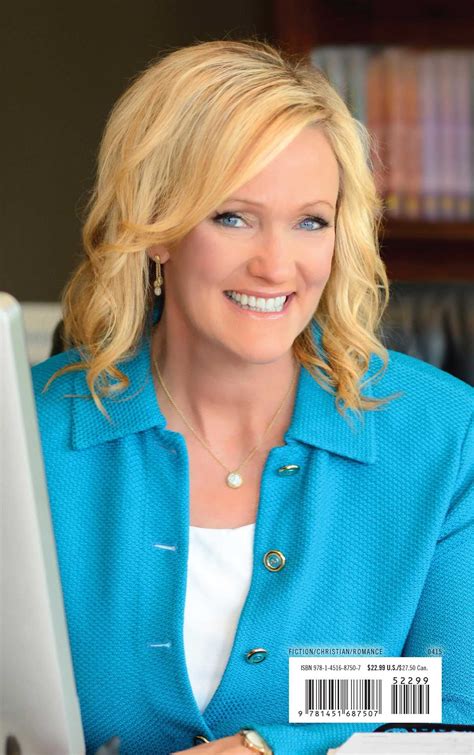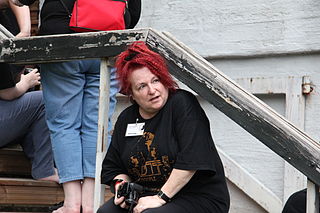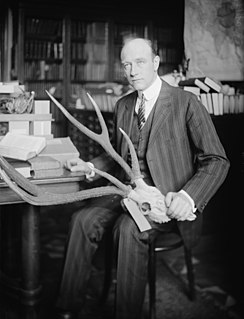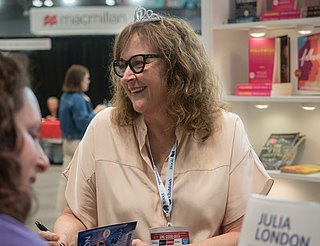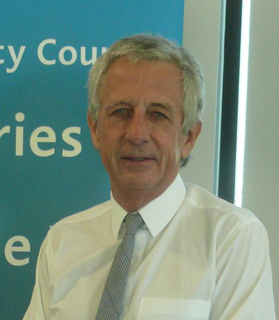A Quote by Laini Taylor
Once upon a time, there were two moons, who were sisters. Nitid was the goddess of tears and life, and the sky was hers. No one worshipped Ellai but secret lovers.
Quote Topics
Related Quotes
And in between the two, in between the sky and the sea, were all the winds. And there were all the nights and all the moons. To be a castaway is to be a point perpetually at the centre of a circle. However much things may appear to change-the sea may shift from whisper to rage, the sky might go from fresh blue to blinding white to darkest black-the geometry never changes. Your gaze is always a radius. The circumference is ever great. In fact, the circles multiply. To be a castaway is to be caught in a harrowing ballet of circles.
The death of a friendship was usually slow and insidious, like the wearing away of a hillside after years of too much rain. A handful of misunderstandings, a season of miscommunication, the passing of time, and where once stood two women with a dozen years of memories and tears and conversation and laughter—where once stood two women closer than sisters—now stood two strangers.
It was life under the Soviet system - we were struggling with every big problem. Publicly, my parents had to queue up to buy food, but were able to live secret lives in their private rooms. With the TV set in the living room, we were able to see Western pop culture -a different reality from what we were living. For me, it was like two different universes existed at the same time, and we got used to being in these parallel universes.
In the [first] fifteen years [of field work] I can remember just ten times when I had really narrow escapes from death. Two were from drowning in typhoons, one was when our boat was charged by a wounded whale; once my wife and I were nearly eaten by wild dogs, once we were in great danger from fanatical lama priests; two were close calls when I fell over cliffs, once I was nearly caught by a huge python, and twice I might have been killed by bandits.
After my film 'The Tale of Two Sisters,' I received a lot of offers from Hollywood to direct, but because 'A Tale of Two Sisters' was a horror film, I received a lot of horror films. But I wasn't interested in working in the same genre, and the scripts I received for films in different genres were for projects that were near completion.
I loved creating a series about the four Cabot sisters, who were not content to let their destinies be dictated to them. In 'The Trouble With Honor,' this desire became especially urgent when the sisters were faced with the prospect of losing their place in society. Eldest sister Honor led the charge. They were undaunted!
In the earliest years of the AIDS crisis, there were many gay men who were unable to come out about the fact that their lovers were ill, A, and then dead, B. They were unable to get access to the hospital to see their lover, unable to call their parents and say, 'I have just lost the love of my life.'


